September 18 stands as one of history’s most eventful days, witnessing the rise and fall of empires, groundbreaking discoveries, and moments that shaped our modern world across centuries of human achievement.
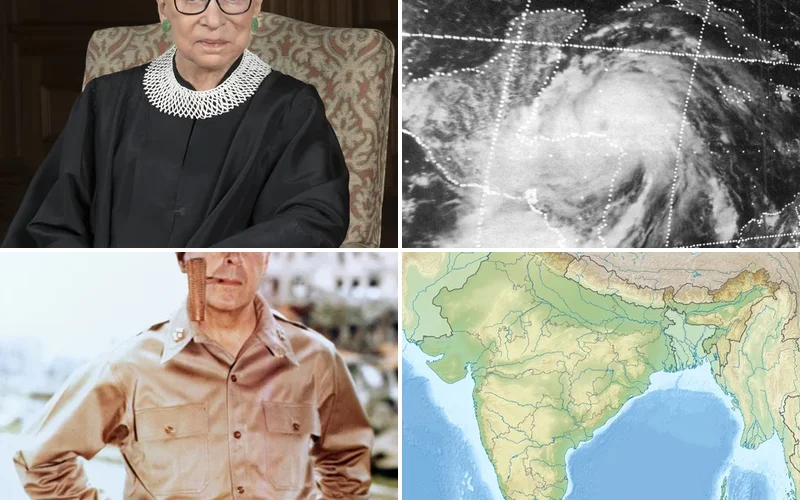
Politics and Government Events on September 18
1914 – Irish Home Rule Act Becomes Law
The British Parliament passed the Irish Home Rule Act, granting Ireland limited self-governance. However, the implementation was delayed due to the outbreak of World War I.
This legislation marked a crucial step toward Irish independence. The Act’s passage intensified political tensions between unionists and nationalists throughout Ireland.
1931 – Imperial Japan Instigates Mukden Incident
Japanese forces fabricated an explosion on the South Manchurian Railway near Mukden as justification for invasion. This false flag operation provided the pretext for Japan’s occupation of Manchuria.
The incident marked the beginning of Japanese expansion into Chinese territory. International condemnation followed, but proved ineffective in stopping Japanese aggression.
1947 – National Security Act Reorganizes US Government
President Truman signed legislation creating the modern American defense establishment. The Act established the Central Intelligence Agency and unified military command structures.
This reorganization fundamentally changed how America approached national security. The legislation created institutional frameworks that would define Cold War intelligence operations.
1960 – Fidel Castro Arrives in New York

The Cuban leader traveled to New York City to address the United Nations General Assembly. His visit occurred during heightened tensions between Cuba and the United States.
Castro’s controversial presence drew massive protests and international media attention. The trip highlighted Cuba’s growing alignment with the Soviet Union during the Cold War.
2014 – Scotland Votes Against Independence
Scottish voters rejected independence from the United Kingdom by a margin of 55% to 45%. The referendum represented the culmination of years of nationalist political organizing.
The close result demonstrated significant support for Scottish independence. This historic vote reshaped British politics and strengthened calls for constitutional reform.
Military and Naval History on September 18
1939 – Polish Government Flees to Romania
The government of President Ignacy Mościcki evacuated to Romania as German forces advanced. This evacuation effectively ended organized Polish resistance to the Nazi invasion.
The government’s departure marked a turning point in World War II’s opening campaign. Polish military units continued fighting despite the collapse of central authority.
1943 – Hitler Orders Deportation of Danish Jews
Adolf Hitler commanded the deportation of Denmark’s Jewish population to concentration camps. The order represented an escalation of Nazi persecution in occupied territories.
Danish resistance groups and ordinary citizens mobilized to save their Jewish neighbors. This remarkable rescue effort would ultimately save most of Denmark’s Jewish population.
1944 – Operation Market Garden Liberates Eindhoven
Allied paratroopers and armored units liberated the Dutch city of Eindhoven during the ambitious airborne operation. The success represented one of Market Garden’s few clear victories.
Local residents celebrated their liberation after years of Nazi occupation. However, the operation’s ultimate failure at Arnhem overshadowed this tactical success.
1945 – MacArthur Moves Headquarters to Tokyo
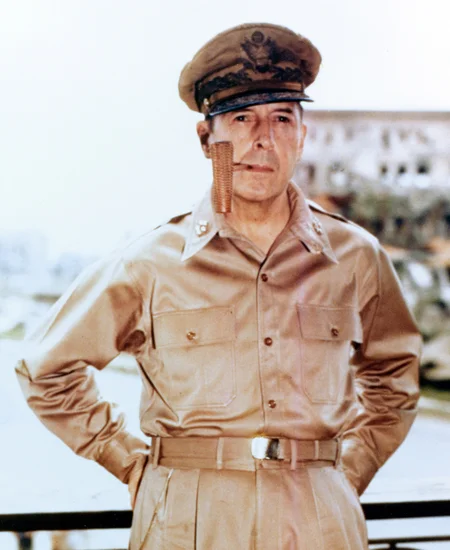
General Douglas MacArthur relocated his command from Manila to Tokyo following Japan’s surrender. This move symbolized America’s new role as occupying power in Japan.
The transfer marked the beginning of extensive political and social reforms. MacArthur’s administration would fundamentally transform Japanese society and government.
Science and Discovery Milestones on September 18
1977 – Voyager I Photographs Earth and Moon
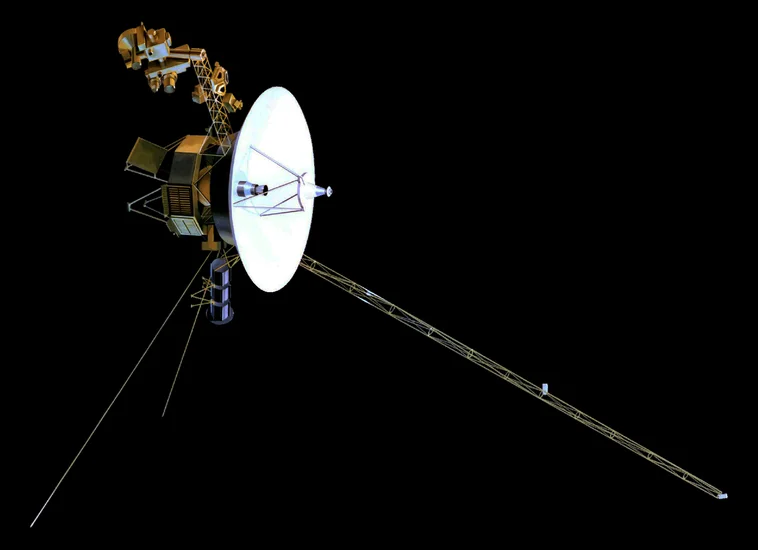
The Voyager I spacecraft captured the first distant photograph showing Earth and Moon together. This historic image provided a unique perspective on our planetary system.
The photograph became an iconic symbol of space exploration’s achievements. Scientists used the image to study planetary relationships and orbital mechanics.
1980 – Soyuz 38 Launches to Space Station
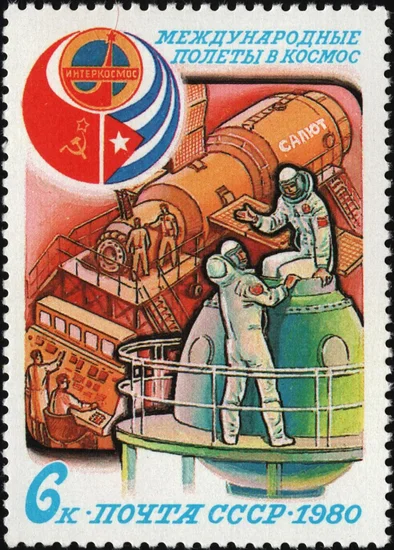
The Soviet spacecraft carried two cosmonauts, including Cuba’s first space traveler, to Salyut 6. This mission demonstrated international cooperation in space exploration.
The Cuban cosmonaut’s participation highlighted the Soviet Union’s expanding space partnerships. The mission advanced scientific research aboard the orbital laboratory.
1984 – Kittinger Completes Atlantic Balloon Crossing

Joe Kittinger became the first person to cross the Atlantic Ocean solo by balloon. His journey demonstrated advances in high-altitude navigation and survival technology.
The crossing required precise weather forecasting and innovative equipment design. Kittinger’s achievement opened new possibilities for long-distance balloon travel.
Cultural and Arts Events on September 18
1927 – Columbia Broadcasting System Launches
The Columbia Broadcasting System began radio transmissions, creating America’s second major broadcasting network. CBS would become a dominant force in American entertainment and news.
The network’s launch intensified competition in the emerging radio industry. CBS pioneered programming innovations that would shape American popular culture.
1939 – Germany Calling Begins Nazi Propaganda
The Nazi propaganda radio program began broadcasting to international audiences. These transmissions aimed to influence public opinion in neutral and enemy countries.
The program featured English-language content designed to demoralize Allied populations. Counter-propaganda efforts emerged to combat these psychological warfare campaigns.
1964 – Greek Royal Wedding in Athens
Constantine II of Greece married Princess Anne-Marie of Denmark in a lavish ceremony. The wedding attracted international attention and celebrated European royal traditions.
The ceremony strengthened diplomatic ties between Greece and Denmark. However, political instability would soon threaten the Greek monarchy’s survival.
Religious and Social Events on September 18
1988 – Myanmar’s 8888 Uprising Ends
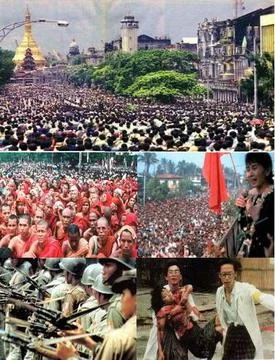
The massive pro-democracy demonstrations in Myanmar came to a violent conclusion. Military forces had killed thousands of protesters demanding political reforms.
The uprising’s suppression established the military’s continued dominance over Myanmar politics. International isolation followed, but the regime maintained power through brutal repression.
1997 – Anti-Personnel Mine Ban Convention Adopted
The international community adopted the Ottawa Treaty banning anti-personnel landmines. This humanitarian agreement aimed to reduce civilian casualties from explosive remnants of war.
The treaty represented a significant victory for humanitarian advocacy groups. However, major military powers including the United States refused to sign the agreement.
2007 – Saffron Revolution Begins in Myanmar
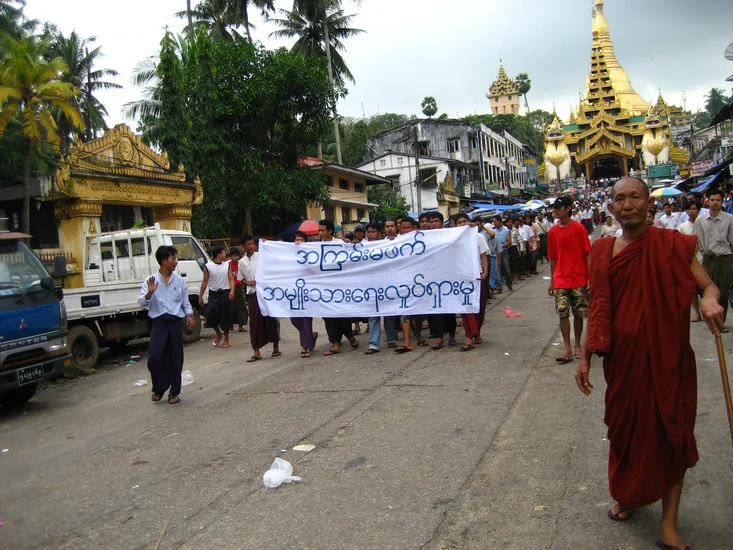
Buddhist monks joined anti-government protests, launching what became known as the Saffron Revolution. The religious community’s participation gave moral authority to the democracy movement.
The monks’ involvement shocked the military government and attracted international attention. However, violent suppression would again demonstrate the regime’s willingness to use force.
Business and Economic Events on September 18
1981 – France Abolishes Capital Punishment
The French National Assembly voted to eliminate the death penalty. This decision reflected changing attitudes toward criminal justice and human rights.
France joined a growing number of nations rejecting capital punishment. The vote represented a significant victory for human rights advocates and legal reformers.
1997 – Ted Turner Donates to United Nations
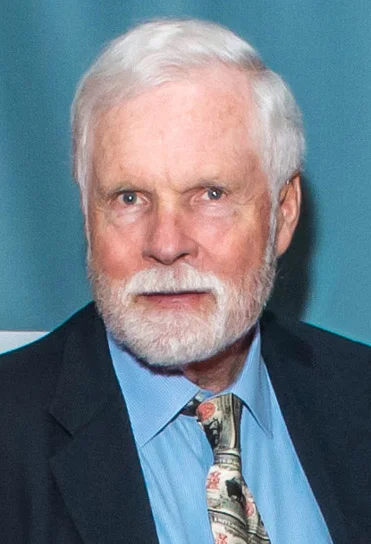
Media magnate Ted Turner announced a $1 billion donation to the United Nations. This unprecedented gift aimed to support international humanitarian and development programs.
The donation highlighted the growing role of private philanthropy in global affairs. Turner’s gesture encouraged other wealthy individuals to increase their charitable giving.
1928 – First Autogyro Channel Crossing
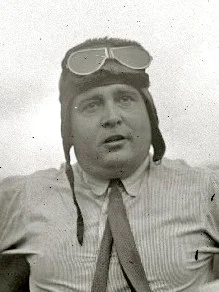
Juan de la Cierva successfully flew his autogyro aircraft across the English Channel. This achievement demonstrated the viability of rotorcraft technology for practical transportation.
The flight proved that autogyros could handle challenging weather conditions. Aviation pioneers recognized the potential for rotorcraft in commercial and military applications.
Transportation and Infrastructure on September 18
1906 – Hong Kong Typhoon Devastates Territory

A massive typhoon struck Hong Kong, killing an estimated 10,000 people. The storm demonstrated the vulnerability of coastal populations to extreme weather events.
The disaster prompted improvements in weather forecasting and emergency preparedness. Colonial authorities implemented new building codes and evacuation procedures.
1975 – Hurricane Fifi Strikes Honduras

Hurricane Fifi devastated Honduras with 110 mph winds, causing 5,000 deaths. The storm represented one of the deadliest natural disasters in Central American history.
The hurricane’s destruction highlighted the region’s vulnerability to extreme weather. International aid efforts followed, but recovery took years to complete.
1948 – Operation Polo Ends in India
The Indian Army accepted the surrender of Hyderabad’s forces, ending Operation Polo. This military action integrated the princely state into the newly independent Indian Union.
The operation resolved one of the most challenging integration issues facing independent India. Hyderabad’s incorporation strengthened India’s territorial unity and political stability.
Sports and Recreation on September 18
1919 – Fritz Pollard Breaks Football Barrier
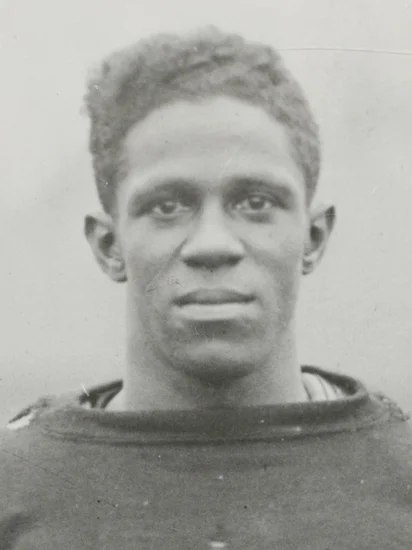
Fritz Pollard became the first African American to play professional football for a major team. His participation with the Akron Pros challenged racial segregation in professional sports.
Pollard’s breakthrough opened opportunities for other African American athletes. His success demonstrated the athletic excellence that segregation had previously excluded from professional competition.
1948 – Margaret Chase Smith Elected to Senate

Margaret Chase Smith of Maine became the first woman elected to the U.S. Senate without completing another senator’s term. Her victory represented a significant milestone for women in politics.
Smith’s election broke important gender barriers in American government. Her successful campaign demonstrated women’s growing political influence in the post-war era.
2011 – Sikkim Earthquake Strikes Region
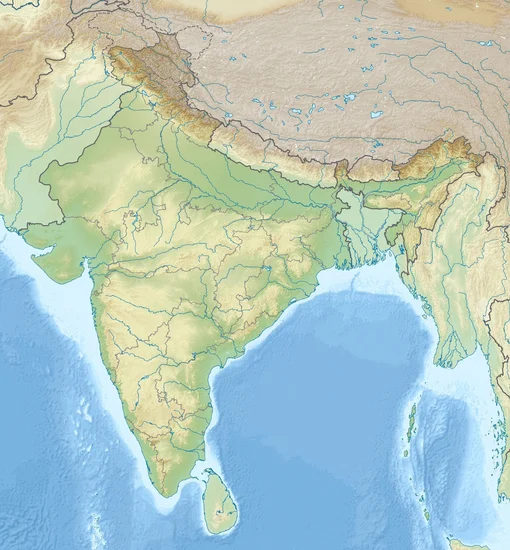
A powerful earthquake shook northeastern India, Nepal, Bhutan, Bangladesh, and southern Tibet. The disaster demonstrated the seismic vulnerability of the Himalayan region.
The earthquake caused significant structural damage and casualties across multiple countries. International cooperation facilitated rescue operations and humanitarian assistance.
Notable Births on September 18
1905 – Greta Garbo Born
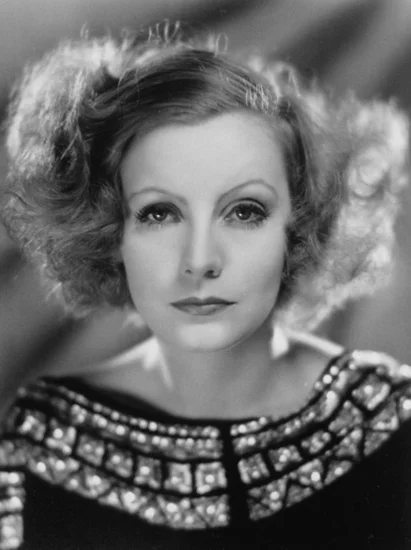
Swedish-American actress Greta Garbo entered the world, destined to become one of cinema’s greatest stars. Her mysterious persona would captivate audiences worldwide.
Garbo’s performances in both silent and talking pictures established her as a legendary figure. Her reclusive nature only enhanced her mystique and enduring appeal.
1907 – Edwin McMillan Born
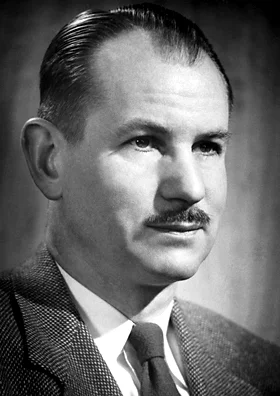
American physicist and chemist Edwin McMillan was born, future Nobel Prize laureate. His groundbreaking research would advance nuclear physics and chemistry.
McMillan’s discoveries included the first transuranium element, neptunium. His work contributed significantly to understanding atomic structure and nuclear reactions.
1933 – Robert Blake Born

American actor Robert Blake was born, future star of television and film. His performances would span decades of American entertainment.
Blake’s roles in “Baretta” and “In Cold Blood” demonstrated his versatility. His later legal troubles would overshadow his considerable artistic achievements.
1939 – Jorge Sampaio Born
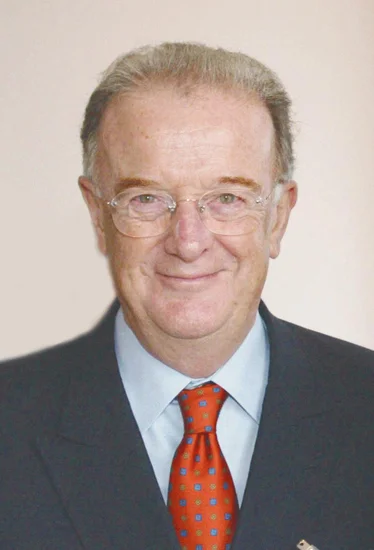
Portuguese lawyer and politician Jorge Sampaio was born, future President of Portugal. His leadership would guide Portugal through important democratic transitions.
Sampaio’s presidency emphasized social justice and European integration. His diplomatic skills enhanced Portugal’s international standing and regional influence.
1951 – Ben Carson Born

American neurosurgeon Ben Carson was born, future political figure and medical pioneer. His surgical innovations would revolutionize pediatric neurosurgery.
Carson’s separation of conjoined twins brought international recognition. His later political career included service as Housing and Urban Development Secretary.
1961 – James Gandolfini Born

American actor James Gandolfini was born, future star of “The Sopranos.” His portrayal of Tony Soprano would redefine television drama.
Gandolfini’s complex characterization influenced an entire generation of television writers. His performance earned critical acclaim and numerous Emmy Awards.
1971 – Lance Armstrong Born

American cyclist Lance Armstrong was born, future Tour de France champion. His athletic achievements would inspire millions before controversy struck.
Armstrong’s seven consecutive Tour victories seemed impossible after his cancer diagnosis. His later doping admissions would tarnish his remarkable athletic legacy.
1971 – Jada Pinkett Smith Born

American actress Jada Pinkett Smith was born, future Hollywood star and activist. Her performances would span television, film, and theater.
Pinkett Smith’s advocacy for social justice complemented her entertainment career. Her candid discussions about personal struggles influenced public conversations about mental health.
Notable Deaths on September 18
1911 – Pyotr Stolypin Dies
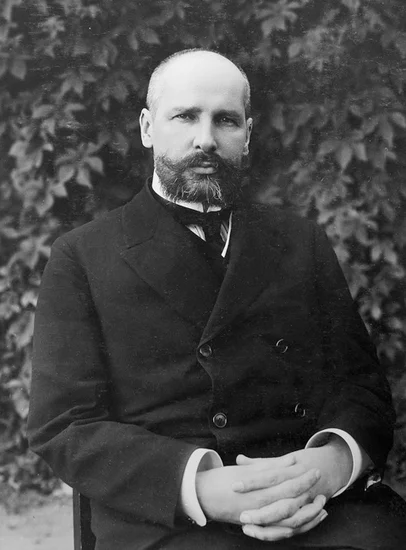
Russian Prime Minister Pyotr Stolypin died from an assassin’s bullet at age 49. His death ended one of the most significant reform periods in Russian history.
Stolypin’s agricultural reforms had aimed to modernize Russia’s feudal economy. His assassination removed a key moderate voice from the increasingly unstable Tsarist government.
1961 – Dag Hammarskjöld Dies
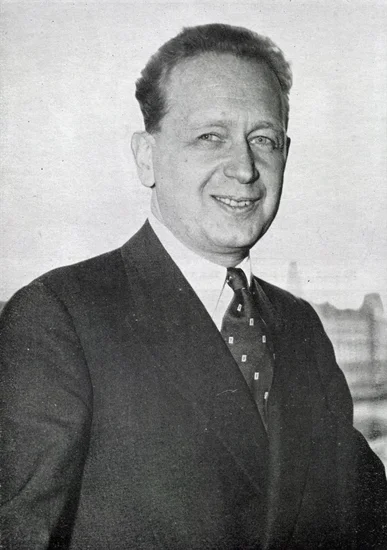
United Nations Secretary-General Dag Hammarskjöld died in a plane crash while attempting to negotiate peace in the Congo. His death shocked the international community.
Hammarskjöld’s leadership had strengthened the UN’s role in global peacekeeping. His posthumously published spiritual diary revealed the philosophical depth behind his diplomatic work.
1970 – Jimi Hendrix Dies
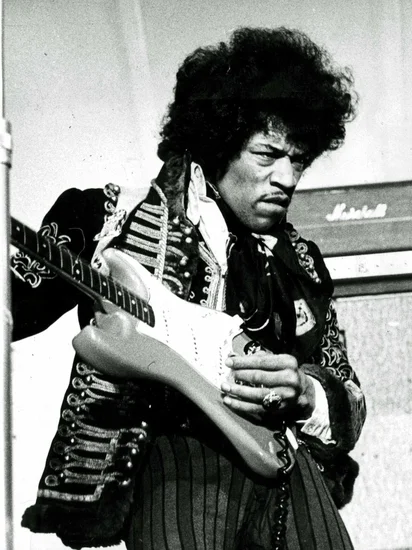
American guitarist Jimi Hendrix died at age 27, ending one of rock music’s most influential careers. His innovative guitar techniques had revolutionized popular music.
Hendrix’s brief but explosive career inspired countless musicians. His death marked the loss of a groundbreaking artist at the height of his creative powers.
1980 – Katherine Anne Porter Dies
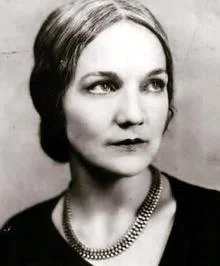
American author Katherine Anne Porter died at age 90, leaving behind a distinguished literary legacy. Her short stories and novels had earned critical acclaim and popular success.
Porter’s work explored themes of alienation and human relationships with remarkable psychological insight. Her Pulitzer Prize-winning fiction influenced generations of American writers.
2020 – Ruth Bader Ginsburg Dies

United States Supreme Court Justice Ruth Bader Ginsburg died at age 87, ending a transformative legal career. Her advocacy for gender equality had changed American jurisprudence.
Ginsburg’s opinions and dissents shaped constitutional law for decades. Her death triggered intense political battles over her Supreme Court replacement.
Holidays and Observances on September 18
National Day (Chile)
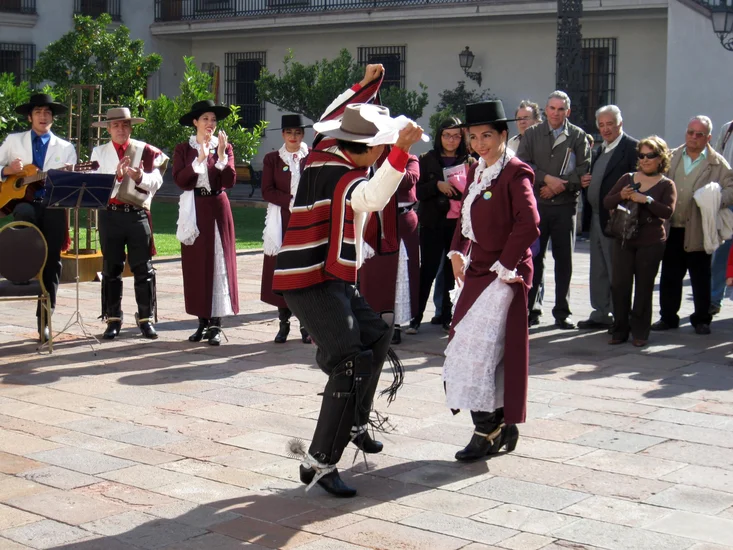
Chile celebrates its National Day, known as “Dieciocho,” commemorating the beginning of independence from Spain. The holiday features traditional music, dancing, and festive gatherings.
Chileans celebrate with empanadas, cueca dancing, and patriotic displays. The observance reflects Chile’s rich cultural heritage and national identity.
World Water Monitoring Day
International observance promotes awareness of water quality and environmental protection. Communities worldwide participate in water testing and educational activities.
The day encourages citizen science participation in environmental monitoring. Educational programs highlight the importance of clean water for human health and ecosystems.
Navy Day (Croatia)
Croatia honors its naval forces and maritime heritage on this annual observance. The day recognizes the navy’s role in national defense and maritime security.
Naval ceremonies and public events celebrate Croatia’s maritime traditions. The observance emphasizes the importance of naval power for coastal nations.
